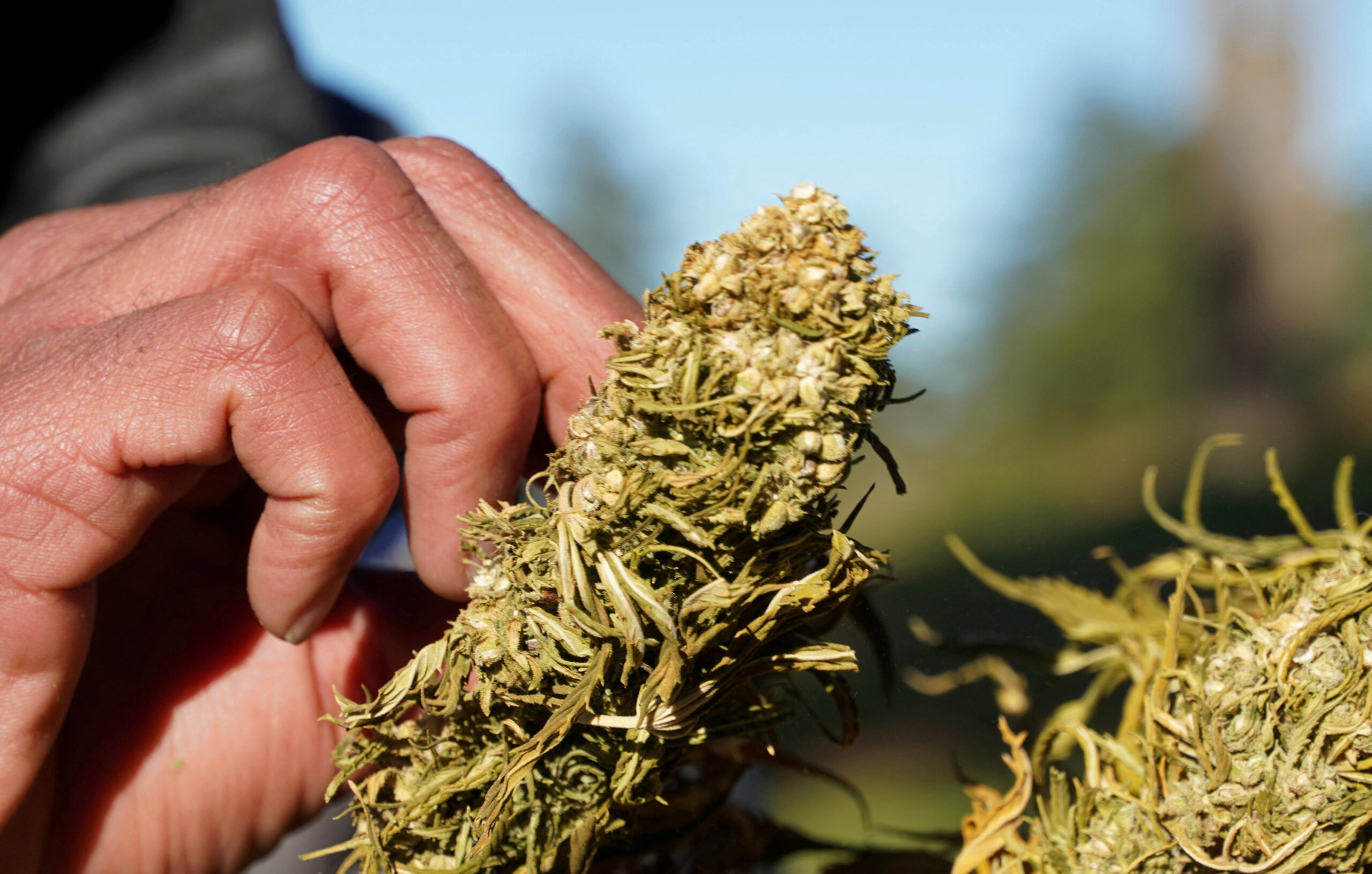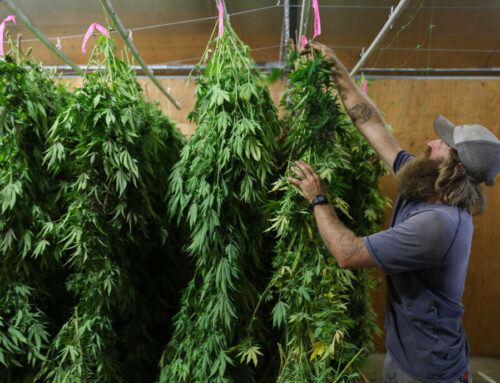Morocco’s Pioneering Cannabis Harvest Yields 294 Metric Tons Amid Legal Shift
LOS ANGELES- In a historic development for Morocco and its agricultural sector, the nation’s first legal cannabis harvest has culminated in a substantial yield of 294 metric tons in 2023. This milestone follows the country’s legislative reforms allowing the cultivation and export of cannabis for medicinal and industrial purposes, a move overseen by the Moroccan cannabis regulator, the National Agency for the Regulation of Cannabis Activities (ANRAC).
The landmark harvest was achieved through the collective effort of 32 cooperatives, uniting 430 farmers across 277 hectares within the Rif mountain regions of Al Houceima, Taounat, and Chefchaouen. These areas are part of the northern territory of Morocco, historically known for its cannabis production. The initiative marks a significant shift towards legal and regulated cultivation practices in a country recognized as a major cannabis producer.
Despite Morocco’s longstanding association with cannabis, its use for recreational purposes remains officially illegal, with certain leniencies in practice. The Rif mountains, covering an area where nearly a million people reside, have long been a hub for cannabis as a principal economic driver. Here, cannabis cultivation and consumption, often mixed with tobacco in traditional pipes, have been woven into the fabric of local culture for generations.
The transition towards legalization aims to enhance the livelihoods of farmers by integrating them into the legal economy and shielding them from the illicit drug trade that has historically governed the cannabis market. This change is expected to bring about better income stability for farmers and reduce the influence of drug traffickers.
ANRAC’s efforts in this inaugural year have extended to reviewing applications from 1,500 farmers organized into 130 cooperatives, signaling a growing interest in legal cannabis cultivation. The cultivation of Beldia, a local strain renowned for its resilience to drought, commenced this month, highlighting the adaptability and potential for sustainable cultivation practices in the region.
Moreover, Morocco is positioning itself to be a key player in the global market for legal cannabis. In the past year, the government has issued 54 export permits, aiming to expand its footprint in the international medicinal and industrial cannabis sectors. Additionally, the operationalization of two legal cannabis transformation units, with two more on the horizon, alongside the authorization process for 15 cannabis products for medicinal use, underscores Morocco’s strategic approach to tapping into this burgeoning market.
This transition not only represents a significant economic opportunity for Morocco but also reflects a broader global trend towards the legalization and regulation of cannabis. As Morocco navigates the complexities of this new legal landscape, its journey offers valuable insights into the challenges and opportunities that lie ahead for countries exploring cannabis legalization as a pathway to economic development and social reform.



































